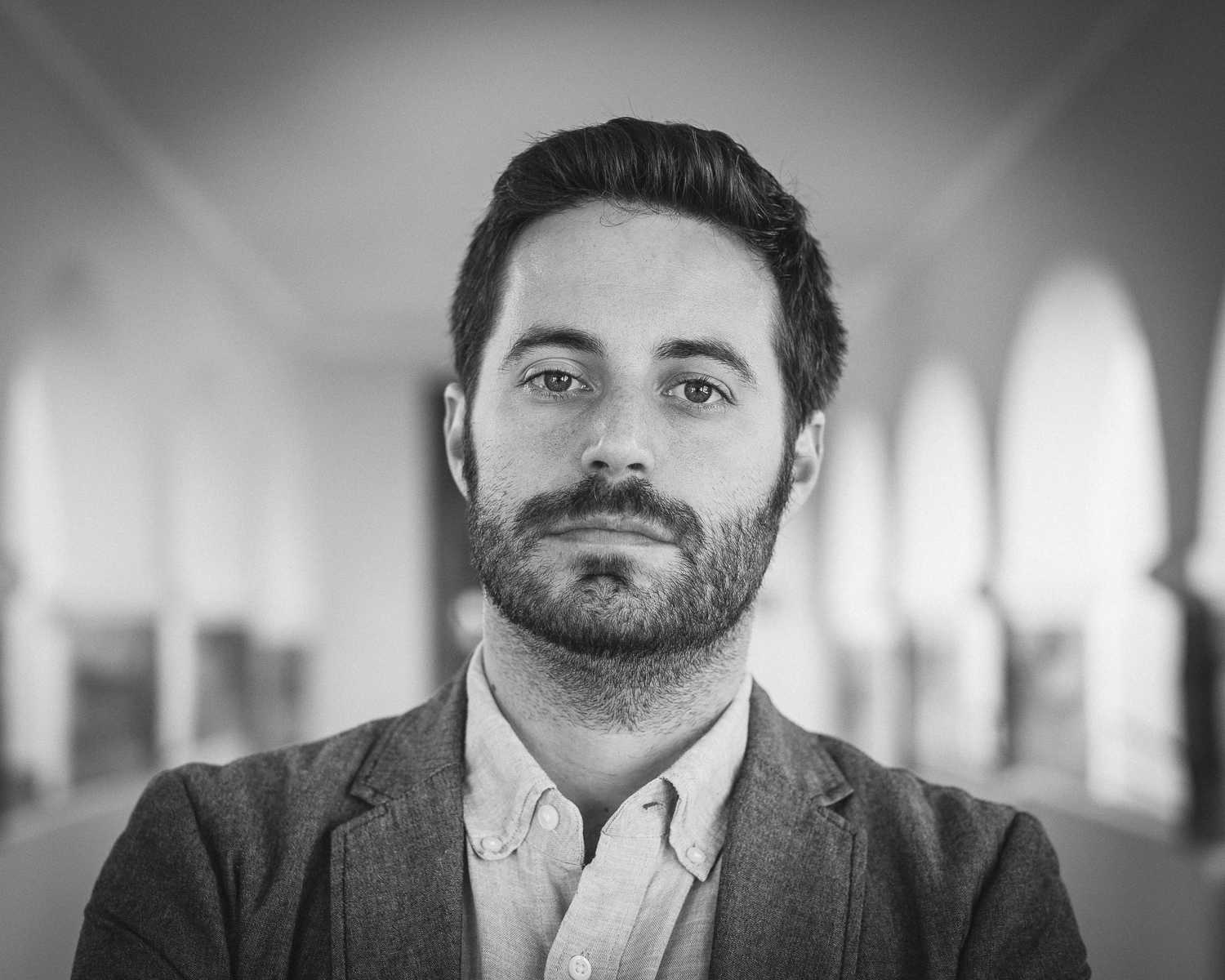New York Times Best Selling author Garrard Conley shared his story of surviving conversion therapy during the 15th annual UMKC Pride Lecture on November 9.
The lecture, presented by the UMKC Division of Diversity and Inclusion, covered his journey of removing from the trauma of conversion therapy and how to meet hate with compassion.
In his memoir Boy Erased, Conley recounts his childhood in a fundamentalist Arkansas family that enrolled him in conversion therapy during his college years. The book was later adapted into a film by the same name in 2018. It featured Nicole Kidman, Russell Crow and Lucas Hedges, who was nominated for a Golden Globe in his role based on Conley.
Conley is now an activist and speaker, lecturing at schools and ventures across the country on radical compassion, writing through trauma and growing up gay in the South. He also works with other activists to help end conversion therapy in the United States and abroad.
Below are some highlights from his presentation, delivered live over Zoom:
Please note: This lecture features content that some may find upsetting- including mention of sexual assault.
Life growing up
Conley grew up in a small town of roughly 100 in the Mississippi Delta region of Arkansas. Every aspect of his life revolved around the local Missionary Baptist Church, he said.
"All of our gathering, pot-lucks, you name it, was all taking place there. We didn't even have a general store, that was our whole world," Conley said. "The way these people thought, was the way that we thought because that's really the social glue that held our lives together."
Through his church, Conley said he had beliefs instilled into him that included the idea that women were not permitted to hold positions of power and that marriage was strictly between a man and a woman.
As he was entering his teen years, Conley began to question his own sexuality, right around the time Matthew Shepard was murdered. Shepard was a student at the University of Wyoming who was beaten, tortured and left for dead on a fence post — many believe because he was gay. His death sparked conversations nationwide about what it meant to be gay in the United States.
"I was thinking to myself, 'I don't know exactly what I am, but I don't feel comfortable with any of this.' My parents had no idea that I was gay, but if they had known they would have been sacred out of their minds that would have been me tied to the fence post," Conley said.
Conversion therapy
While in college, Conley confided in his roommate, a friend from high school, that he was questioning his sexuality. Conley's roommate responded by sexually assaulting him and confessing that he sexually assaulted another young boy at a church camp.
Conley reported his roommate to his school's administration. His roommate sought revenge on Conley by outing him to his family.
"My dad gave me an ultimatum that if I didn't go to conversion therapy, that I wouldn't see my mom or my dad again, I wouldn't continue my education and I wouldn't be allowed to step foot into the house again," Conley said.
Conley then began attending a six-month period of Bible-centered therapy sessions every weekend, which culminated in a two-week conversion therapy camp that left him suicidal.
When he first began thinking about writing a book on his life experiences, Conley said he had to face some hard questions about his journey and his relationship with his family.
"When you are writing a memoir you have to think in terms of the big picture. The question I kept coming back to was, what really brought our family to the doors of (conversion therapy)?" Conley said. "What brought a loving family to this place? What brought my mom and dad to make that decision, and most importantly, why did I agree to go? I struggled with these questions for years."
Changing minds
Conley said he hopes his work has an impact on the fact that people can choose to live a more compassionate life.
"I realize that in 2021 that can often sound naive. It seems like everyone is yelling at each other and there is no understanding and no real desire to actually speak the truth to people. But in my life, what I have seen, that is not always true," Conley said.
Every person can instill compassion into others through the art of communication, Conley said, and by sharing his story he hopes to show others that change is possible.
"People can actually change, not that they can change their sexuality because they can't, but they can change how they feel about other people and they can grow and become more compassionate," Conley said.

